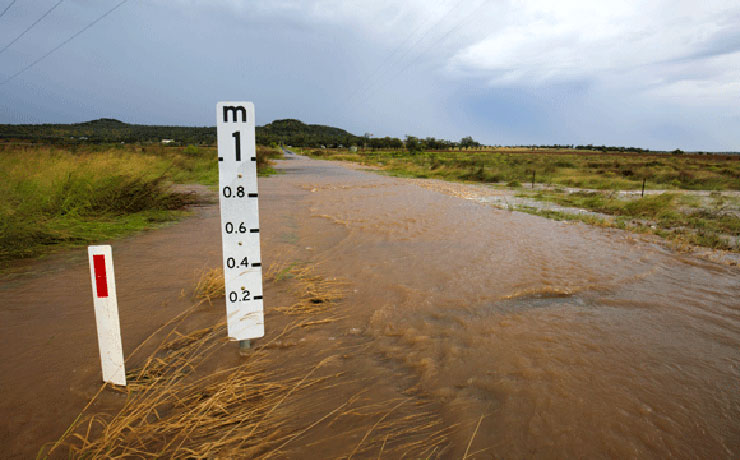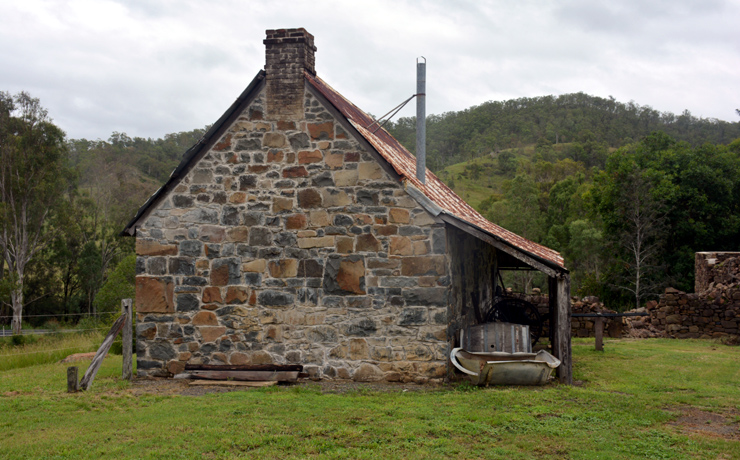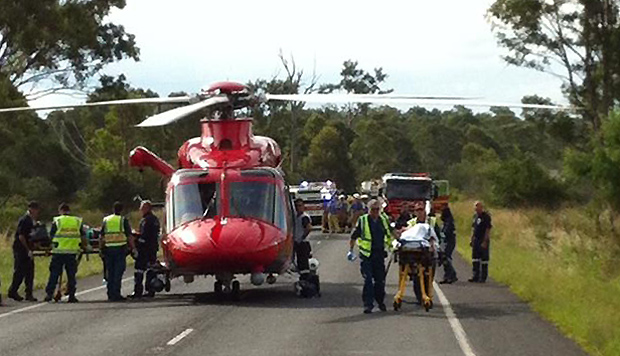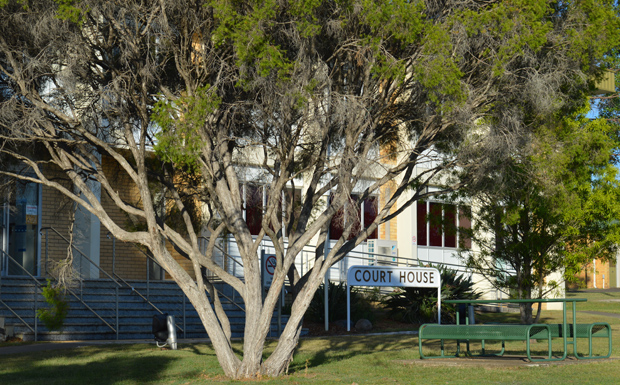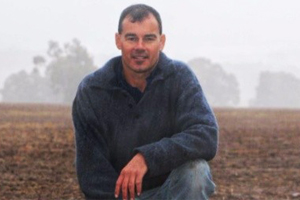
Queensland Health is contacting patients who have undergone certain types of open-heart surgery in public hospitals who may have been exposed to a potentially serious bacteria.
The patients, especially those who had heart valves replaced, may have been exposed to Mycobacterium chimaera in some equipment.
Spokesman Dr John Wakefield said a combination of issues, including the design and manufacture of heart bypass heater-cooler units, meant they had the potential to harbour the bacterium.
Dr Wakefield said Mycobacterium chimaera was common and regularly found in the environment but infection as a result of exposure to it was extremely rare.
“Infection from this bacterium is rare but it can be serious and can take between three months and five years to manifest. However, treatment is available,” he said.
“Whilst the risk to patients is low, we have consulted extensively with clinical experts, including infectious disease specialists, and put a range of safeguards in place to reduce the risk even more.
“In Queensland, it is a notifiable condition and we are only aware of one case in the last five years that has been identified to be linked with open-heart surgery.
“That’s out of approximately 20,000 public and 15,000 private patients who have undergone open-heart surgery in Queensland in the same time period.
“This is not isolated to Queensland – it’s a national and international issue – and we have been working with the Therapeutic Goods Administration.
“Internationally, fewer than 100 patients have been identified as developing this infection.
“However, patient safety is our number one priority and that is why we are writing to all identified public patients and speaking with clinicians, even though infection is exceptionally rare.
“We have an abundance of care and an abundance of caution.”
Dr Wakefield said every unit in operation in the public sector in Queensland had undergone testing; and cleaning was continuing as per the manufacturer’s instructions.
“Every single unit that has been affected has been taken out of routine use, and is being replaced,” he said.
“We have also worked with the private hospitals where similar actions have been undertaken.
“There has been no major impact to cardiac surgery services in Queensland as a result of this issue.”
Dr Wakefield said identified patients should expect to receive a letter in the coming weeks.
“Of those who receive a letter, we expect only a very small percentage to require any sort of medical follow up and testing,” he said.
“The particular symptoms people should look out for are prolonged, unexplained fever or weight loss.
“Patients who do not exhibit those symptoms do not need to be concerned and no further action is required.
“If you are exhibiting any of those symptoms, we ask that you visit your GP or call 13HEALTH.”
Dr Wakefield said while he understood patients may be concerned, there was no need to panic and the Department’s actions were precautionary.
“We want to make sure that every single person on this list has immediate access to all the information that they need, and that’s why we are taking the cautious approach of sending a letter to every patient who could potentially have been exposed,” he said.
“We will also launch a dedicated web page on this issue with fact sheets and a question and answer document, and put on additional staff at 13HEALTH to deal with any inquiries.”












